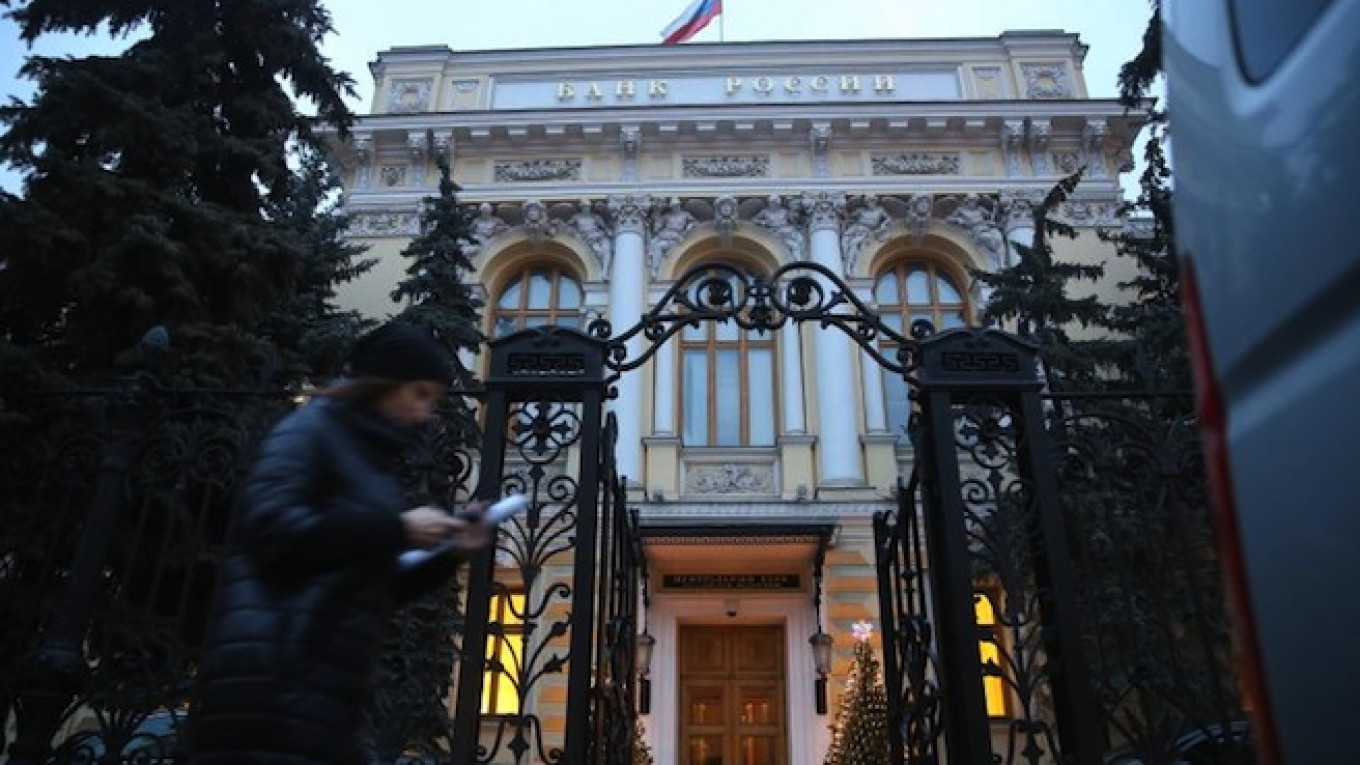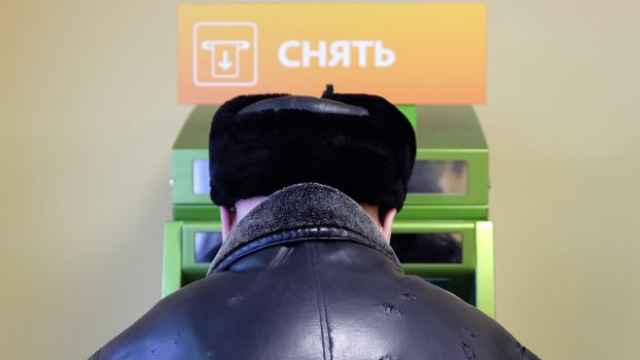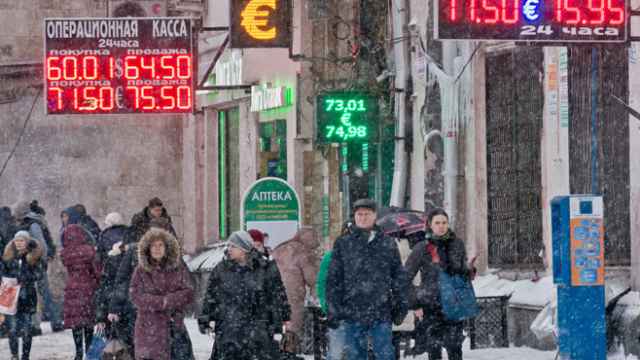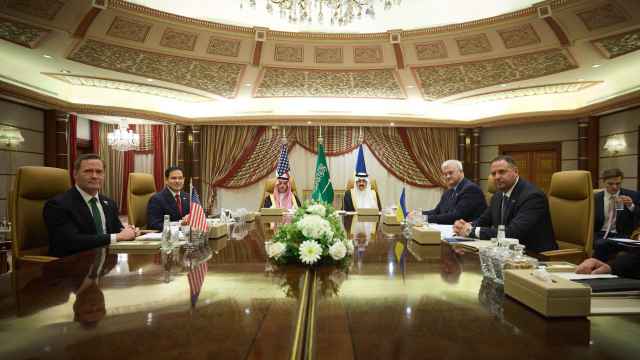Russia's Central Bank unexpectedly cut its main interest rate late last week as fears of recession mount in the country following the fall in global oil prices and Western sanctions over the Ukraine crisis.
The bank reduced its one-week minimum auction repo rate by two points to 15 percent, a little over a month after pushing it up by 6.5 points to 17 percent after a run on the ruble.
The bank had been widely expected not to change the rate. The move implies a shift in the Central Bank's priorities away from clamping down on rising inflation and supporting the ruble, towards trying to support economic activity, which the bank expects to fall sharply in the coming months.
The decision will also fuel speculation that recent changes in the bank's senior management have shifted the bank towards more dovish monetary policy, possibly under pressure from the Kremlin, banks and business lobbies.
The shift in policy may also reflect the realization that Russia's economy is heading for a hard landing as low oil prices look set to persist and the conflict in Ukraine has worsened, defying hopes of an early end to Western sanctions.
Data released this week showed real wages slumping by 4.7 percent year-on-year in December and real disposable income slumping by 7.3 percent, boding ill for economic growth in the months ahead.
The bank said it expected gross domestic product to fall by 3.2 percent in annual terms during the first half of 2015, following growth of 0.6 percent in 2014.
"This tells us they are looking beyond rising inflation in the coming months to try to stimulate economic growth," said William Jackson, emerging markets economist at Capital Economics in London.
"But I don't think the rate cut will have much impact [on growth]. If you look at the stress on the banking sector, capital flight, the real income squeeze and collapse in oil prices, then a recession is inevitable."
A Message from The Moscow Times:
Dear readers,
We are facing unprecedented challenges. Russia's Prosecutor General's Office has designated The Moscow Times as an "undesirable" organization, criminalizing our work and putting our staff at risk of prosecution. This follows our earlier unjust labeling as a "foreign agent."
These actions are direct attempts to silence independent journalism in Russia. The authorities claim our work "discredits the decisions of the Russian leadership." We see things differently: we strive to provide accurate, unbiased reporting on Russia.
We, the journalists of The Moscow Times, refuse to be silenced. But to continue our work, we need your help.
Your support, no matter how small, makes a world of difference. If you can, please support us monthly starting from just $2. It's quick to set up, and every contribution makes a significant impact.
By supporting The Moscow Times, you're defending open, independent journalism in the face of repression. Thank you for standing with us.
Remind me later.






